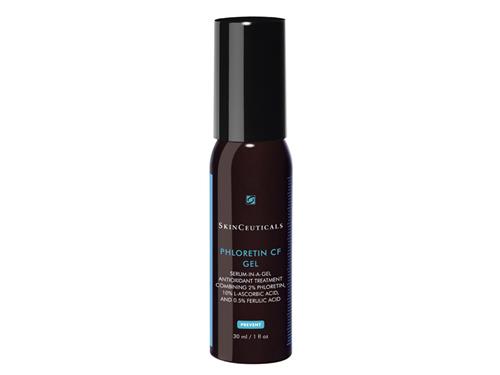Questions to ask your provider about your filler?
The short answer is that most people really don’t know. And having said that, I think it’s a really good idea to have at least a basic knowledge of them. This is partly for your own records and partly in case you have a less than perfect outcome. You’ll be able to make notes for yourself and, hopefully, prevent problems in the future.
Basic Filler Categories
- Hyaluronic acid fillers. There are a lot of these now, especially in Europe. The most used in the U.S. are the Restylane family (Galderma) and the Juvederm/Voluma families (Allergan). And there are others like Revance, etc. In Europe, it’s buyer beware. Many substandard manufacturers are allowed and there is little oversight which leads to more infections and reactions. In the U.S., it’s fairly tightly controlled which is a good thing, in my opinion. Each filler has it’s own unique properties in terms of strength, stretchiness, fluidity, longevity, tissue ‘integration’, etc.
- Sculptra (L-polylactic acid). This is really a collagen stimulator. It goes away while it builds your own collagen. Good longevity, and creates more “glow” due to the collagen stimulation, but harder to inject well, and requires more artistry.
- Radiesse (calcium hydroxyapatite). Also a collagen stimulator. It has slightly different qualities than Sculptra, a similar complication profile, and requires more skill and knowledge from your doctor.
- Silicones, Artefill, and anything made of plastics, or permanent. Please avoid these. Permanent sounds good until you age around it, and it can’t be adjusted. Also, any problems with the look of it or nodules are permanent.
Some Questions to Think About Asking About the Filler
- What fillers are being used at the appointment? It may be several different ones depending on your goals. Clearly you don’t want to use a heavier, more nodule prone filler in the lips for example. Good to keep a record, or know that you can request it, if needed. Good offices keep the stickers on each syringe and record the lot # for each syringe.
- Did you go over any history with your dermatologist or provider? Have you had any reactions or problems in the past? Keep that in your “allergy” profile.
- How many syringes is your provider planning to use? This prevents cost surprises at checkout.
- Does your provider have many different options available, or just use one companies products? One company means the provider is trying to save on costs, not necessarily provide you with the best filler for your particular goals.
Hope this helps,
Brandith Irwin, MD

















